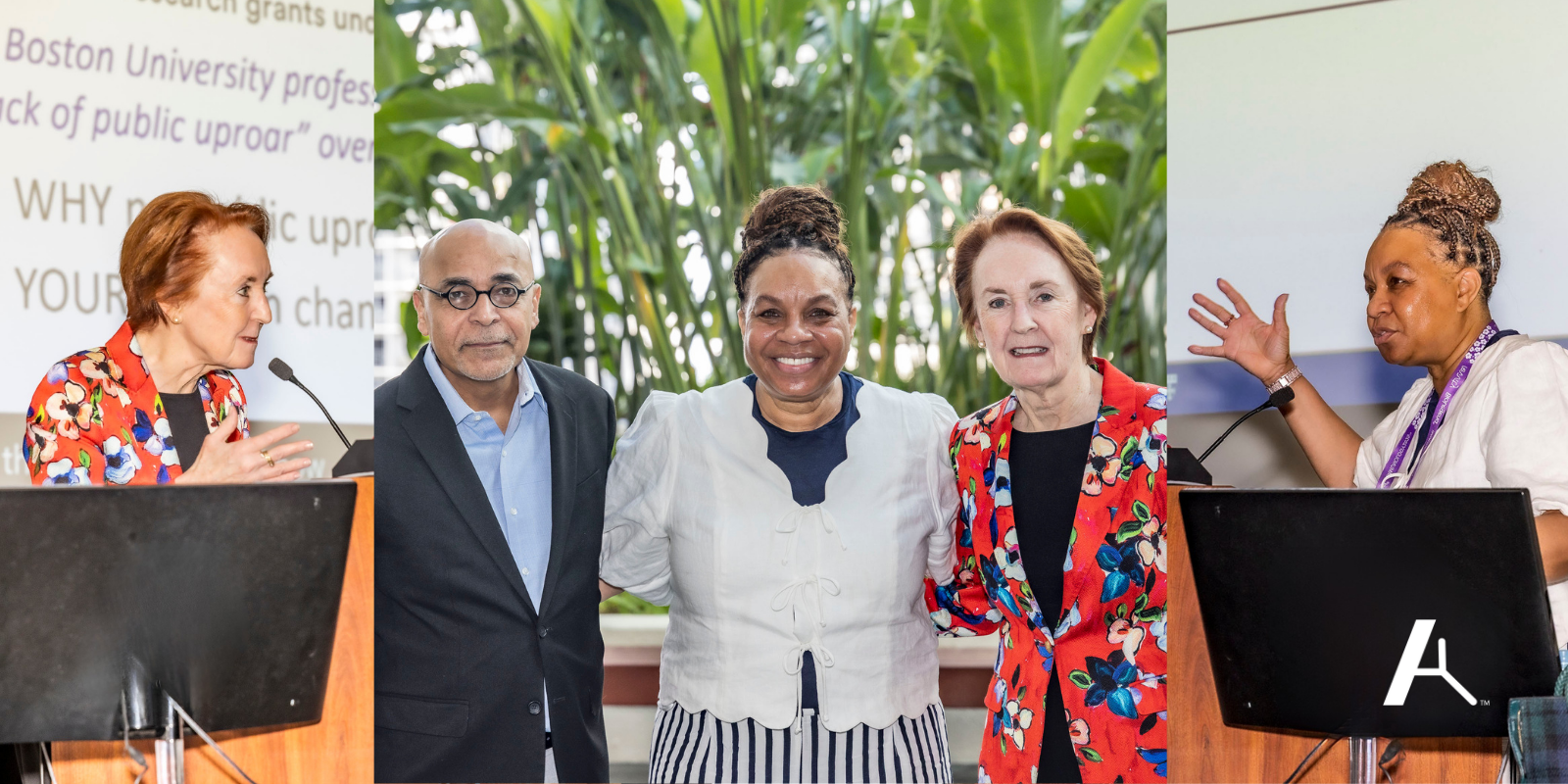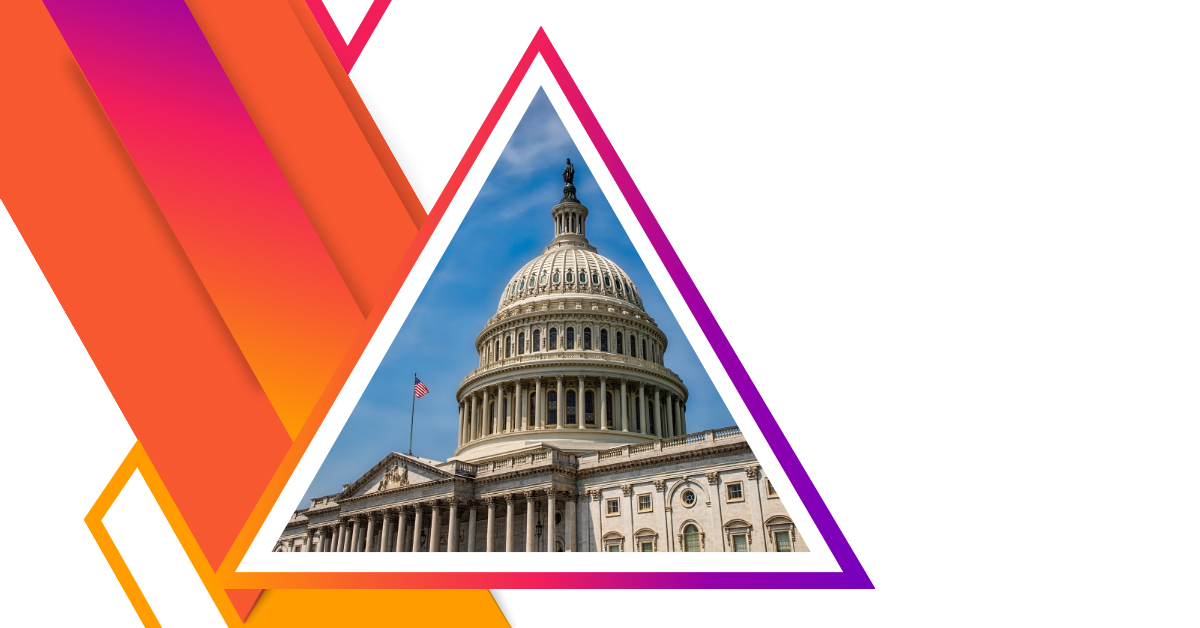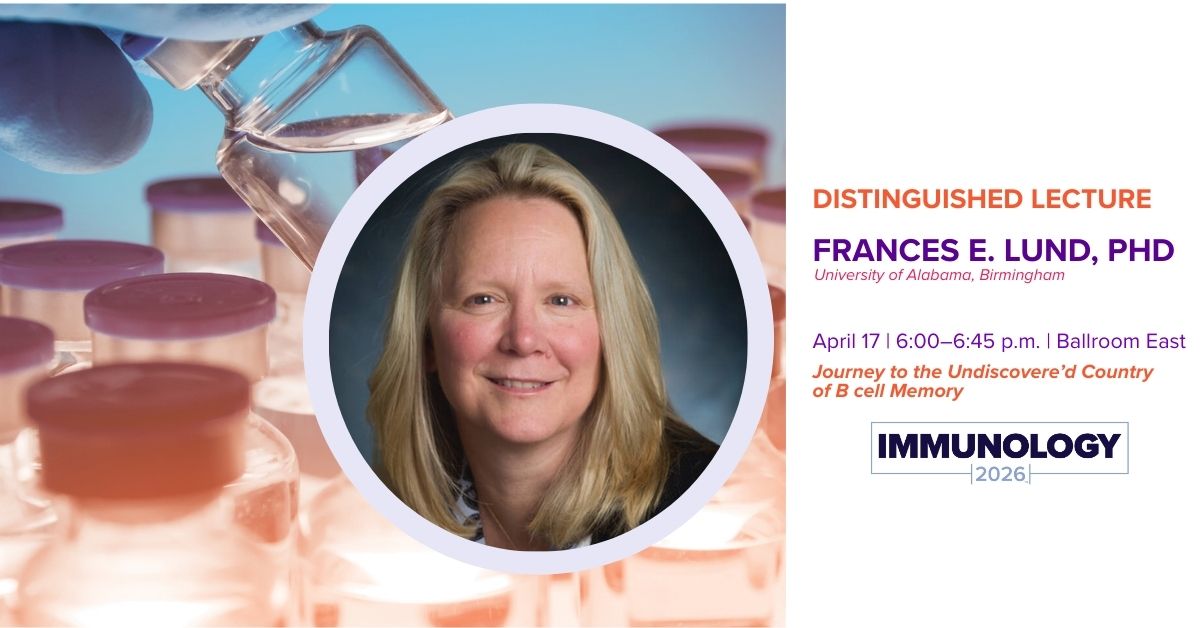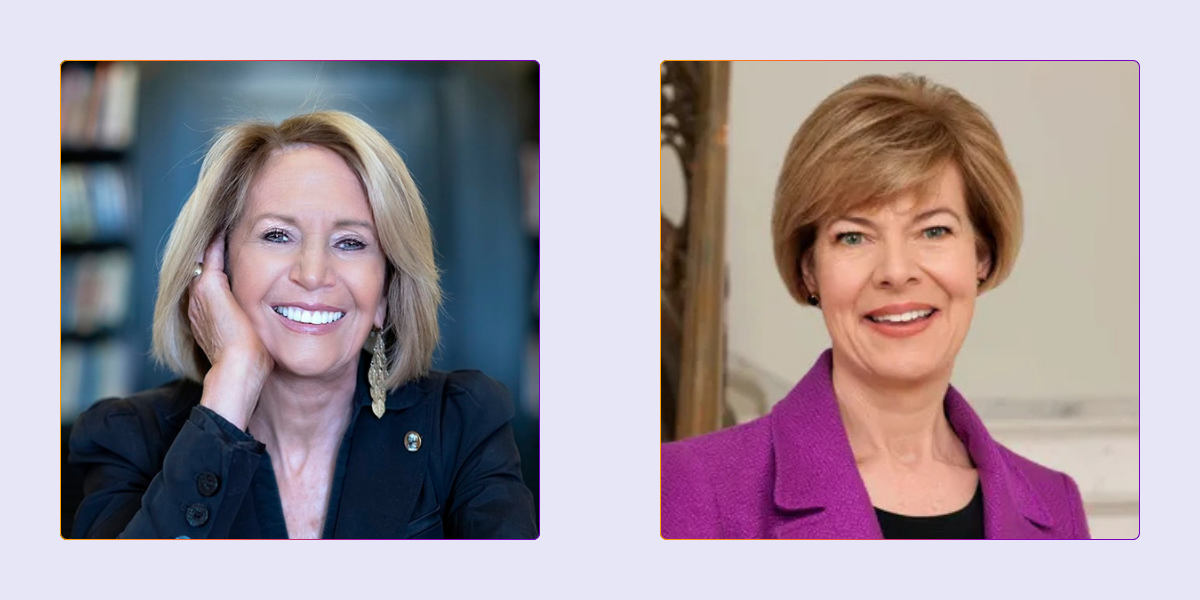
At a time when it has never been more important for the immunology community to unite, AAI’s Committee on Public Affairs (CPA) took full advantage of the opportunity for advocacy and education at IMMUNOLOGY2025™.
Mary Woolley, President and Chief Executive Officer of Research!America and co-author of the National Academy of Medicine’s report The State of the U.S. Biomedical and Health Research Enterprise, and Dr. Kasisomayajula Viswanath, Lee Kum Kee Professor of Health Communication at Harvard T.H. Chan School of Public Health, and Chair of the National Academies Committee on Understanding and Addressing Misinformation about Science joined CPA Chair Dr. Cherié Butts, for a compelling and timely session on the state of U.S. biomedical research and funding.
The session explored the strengths and vulnerabilities of the U.S. biomedical research enterprise, opportunities to address misinformation in an era of great uncertainty, and inspired attendees to take action in communicating science and advocating for funding.
Put a Face to Biomedical Research
As Mary Woolley highlighted, both elected officials and scientists are public servants, and this common ground can help in communication with policymakers and the public. Unfortunately, the American public largely sees the scientific community as invisible or takes them for granted with only 33% of Americans able to name a living scientist and only 50% able to name a medical or health research institution. The good news is that 9 in 10 Americans want the US to be a leader in global health with the top attitudes towards science being curious, hopeful, and optimistic, which can be built on when advocating for funding.
Woolley encouraged attendees to remember that skepticism is not just for scientists, so it’s important to engage in conversation rather than disparage people for being skeptical. Ultimately, Woolley called on attendees to put a face to research, their own faces, to raise the likelihood that both their representatives in Congress and those in their local communities will recognize them.
Increase Correct Information
Dr. Viswanath built on Woolley’s sentiments by sharing methods of countering misinformation. In a time when science and health information is widely shared by experts and nonexperts, including entertainment, pop culture, for-profit corporations, and politicians, it is important to increase and make accessible accurate, reliable information. Data shows that while trust in science has eroded, scientists are still highly trusted, which should encourage scientists in their efforts to engage with the public.
Dr. Viswanath reminded attendees that people do not wake up with the intention of finding misinformation, they wake up with a question and seek answers. It is up to scientists as a global community to do their part to ensure the answers found are correct. It is paramount to listen to people and answer the questions they have, not just the answers you think need to be amplified.
Take Action
The session left attendees inspired to safeguard public trust in science through their own communication and advocacy efforts. Dr. Butts encouraged attendees to build on this momentum by participating in an AAI grassroots advocacy campaign, writing to their representatives in Congress to explain the specific ways in which the current funding environment has impacted them while advocating for at least $51.3 billion for the National Institutes of Health for fiscal year 2026. To participate in the campaign (which takes just 2-3 minutes!), click here and complete the form by Tuesday, May 27, 2025.




